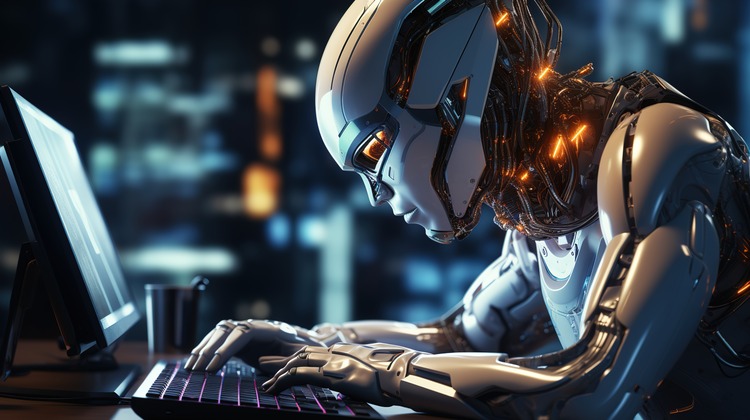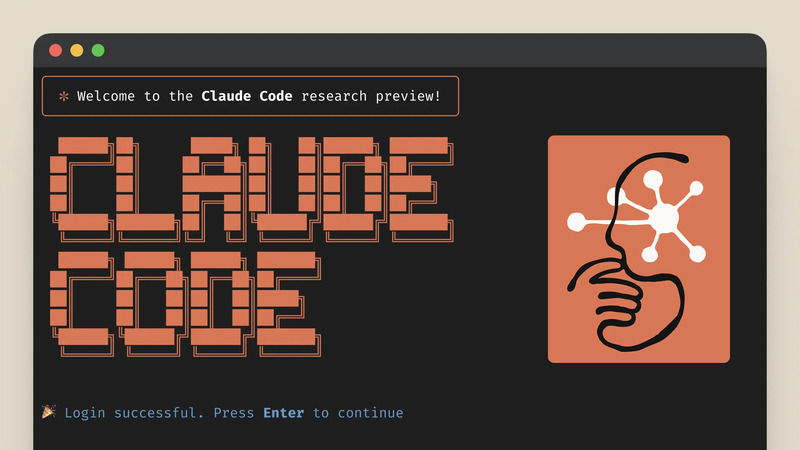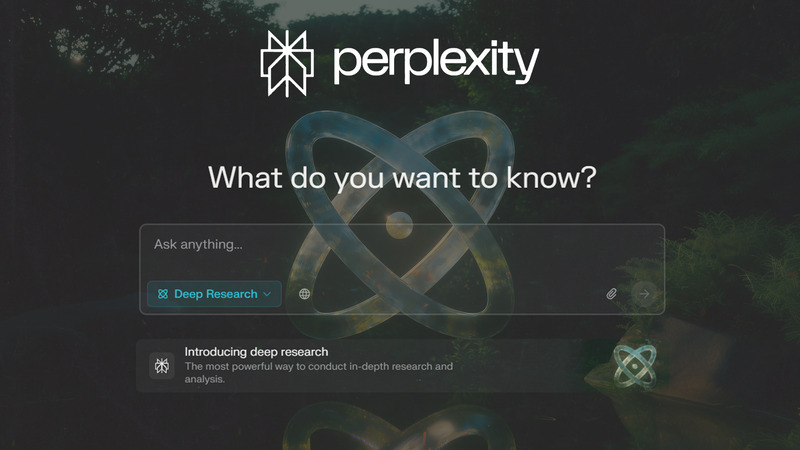What is an AI Agent? The Future of Autonomous Intelligence Explained

The field of Artificial Intelligence (AI) has evolved constantly over the years, with one of its most widespread and notable applications being AI Agent. AI agents are complex systems that can monitor their surroundings, make informed choices, and take actions to accomplish certain tasks. AI agents contribute significantly to automating processes ranging from virtual assistants to self-driving cars, thereby improving productivity in many sectors.
Table of Contents
What is an AI Agent?
AI agent is now used to refer to a being that can be software-based or hardware-based that uses a certain interface to the world to provide information as input (about its environment), perform information processing (i.e. decision making), and act (i.e. execution). They have sophisticated features such as understanding and interpreting details, reasoning, and solving problems autonomously through the use of artificial intelligence techniques such as machine learning, deep learning, and reinforcement learning.
Types of AI Agents
Depending on the rationality and autonomy of the AI agent, they can be organized into different types:
1. Simple reflex agents
These agents only react to current sensor data and ignore any actions taken in the past.
Example: A thermostat that turns on/off based on temperature readings.
2. Model-based reflex agents
These agents have an internal model of the environment and use it to make decisions.
Example: A robot vacuum that remembers obstacles and navigates efficiently.
3. Goal-based agents
These agents plan to achieve future goals by considering the actions that need to be taken and consider the consequences of these actions.
Example: A chess-playing AI that uses winning strategies to plan moves in advance.
4. Utility-based agents
These agents have the ability to assess different available options and choose the option that provides the most value.
Example: An autonomous taxi chose the fastest of two routes, because it was both the safest and the fastest.
5. Learning Agents
These agents progressively improve their actions over time by learning from their experiences.
Example: AI-powered chatbots that improve their accuracy over time based on the interactions they have with the user.
Components of an AI Agent
AI agents have several key components that enable them to operate effectively:
- Perception Module – Receives information from sensors or input devices, such as cameras or microphones, as well as IoT devices (e.g., environmental control systems and appliances).
- Processing Unit – Examines and understands the information and is equipped to make decisions based on it.
- Knowledge Base – Stores data that the agent has previously collected and uses this information to make future decisions.
- Reasoning Engine – Employs logical functions to determine what decisions to make.
- Action Module – Implements the decision with output through actuators or other means of input.
- Learning Mechanism – Improves the intelligence of the agent through self-directed enhancement techniques such as machine learning.
Uses of AI Agents
AI agents are being used in various fields and they are changing the way work is done. Some of these applications are as follows:
- Virtual Assistants: AI agents such as Siri, Google Assistant, and Alexa perform tasks such as setting reminders or answering user queries.
- Healthcare: AI agents assist physicians and nurses in disease diagnosis, treatment suggestions, and health condition monitoring.
- Finance: AI trading bots work independently by analyzing market data and executing trades.
- Automated Vehicles: Self-driving vehicles depend on AI agents to interpret road data to drive safely.
- Smart Homes: AI agents in smart devices operate lighting and temperature controls based on user preferences.
- Gaming: AI agents enable the creation of adaptively intelligent non-player characters (NPCs) that enhance the gaming experience.
Current Trends in AI Agents
The field of AI agents is progressing quickly with significant innovations, including:
- Open AI’s ‘Operator’ Agent: OpenAI has developed an AI agent that can perform complex online activities such as grocery shopping and filing expense reports. The agent operates the web interface by scrolling and typing in the same way a human would.
- DeepSeek AI Assistant: A Chinese startup has created an AI assistant that competes with Western counterparts while being less computationally intensive, thus providing an alternative to U.S.-based AI companies.
- AI Agents in Business Management: In recent years, corporations have begun using AI agents in managerial positions where human decision making was previously required.
- AI Salesforce and Oracle Agents: Renowned enterprise software firms have developed automation tools backed by AI such as “AgentForce” from Salesforce and Oracle’s set of AI business assistants.
- AI ARPA-style research agents: The newest research tool introduced by OpenAI will generate detailed reports in minutes for business people working in finance, science, and engineering, supporting their work efforts.
This is proof of how AI agents are evolving to be more self-sufficient, smarter, as well as more integrated into the way life and business activities are conducted.
Problems and Prospects of AI Agents
These are just some of the benefits that are associated with AI, but there are some problems as well:
- Ethical Problems: The results of AI-driven decision making can sometimes be biased or lead to unintended consequences.
- Security Problems: AI agents can be put at risk through cyber and other types of criminal attacks.
- Hard Problems: Allocating a huge amount of resources and power into a defined sophisticated AI agent is a necessity.
Despite these problems, there is potential for further development of AI agents based on emerging technologies such as deep learning and quantum computing. Expecting greater artificial intelligence, flexibility, and productivity from AI agents seems to be possible to further transform industries and lives.
Stay Updated with the Latest news by Joining our Telegram and WhatsApp Channels.
Conclusion
As shown in this research, the advancement of automation and decision-making processes in various industries has led to the emergence of AI agents, which have now become an integral part of contemporary AI. Their impact is holistic in nature and is growing with each advancement. This trend will continue as intelligent systems technology advances as AI agents will remain central and fundamental to the delivery of streamlined services, enhancing the human experience.
You May Also Like
- OpenAI Launched ChatGPT o3-mini – A Reasoning Model like DeepSeek R1
- Qwen 2.5-Max – The Next Evolution in AI Language Models
- What is Deepseek AI? Everything You Need to Know About DeepSeek R1 Model
- Janus Pro 7B by DeepSeek: Revolutionizing AI Image Generation with Advanced Features
- Kimi K1.5 AI – A Revolutionary Leap in Multi-Modal Reinforcement Learning






